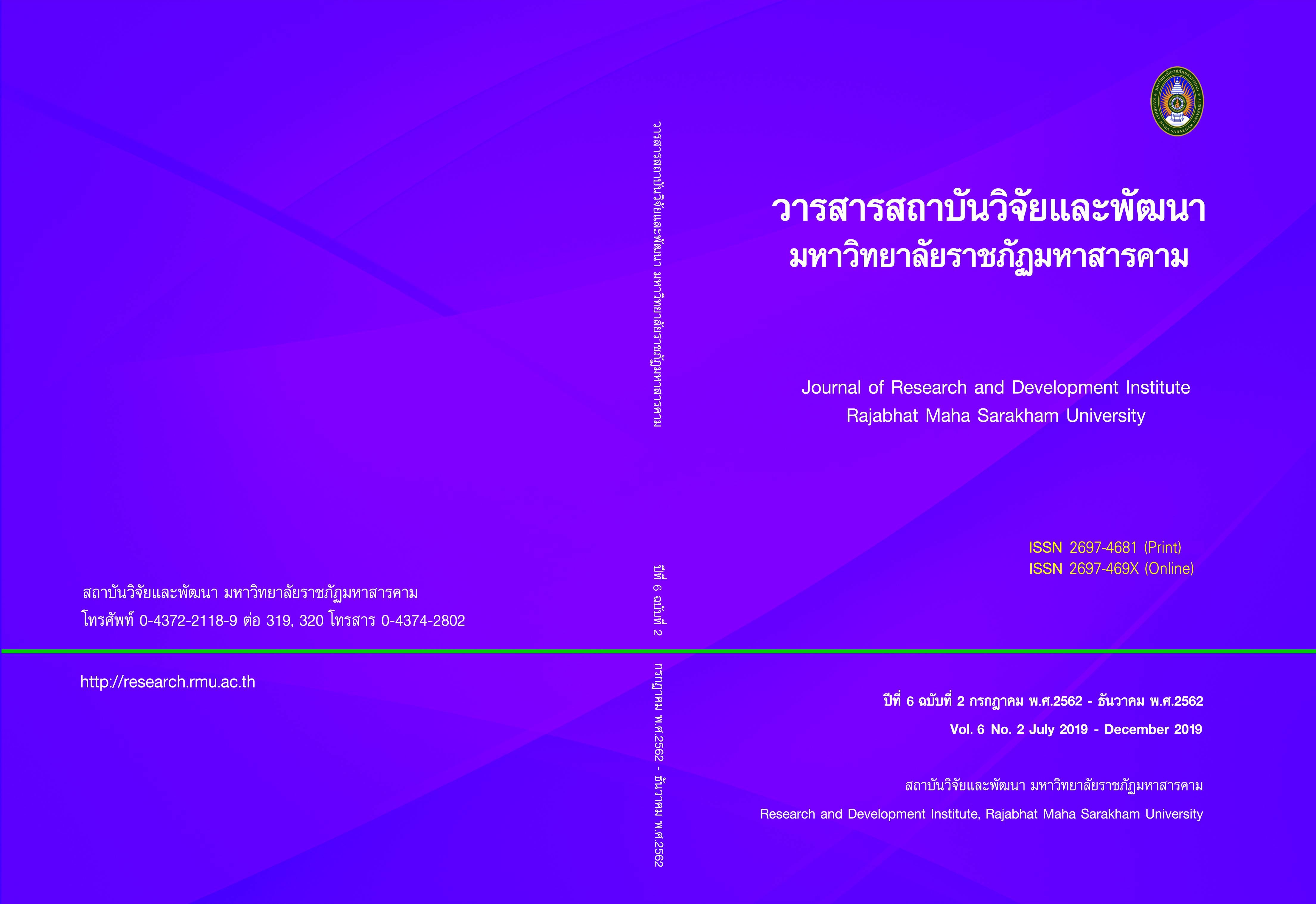Women in Organizations: Case of Thailand’s Military Institutions
Keywords:
Women in Military, Thai Women, Gender EqualityAbstract
For most of the woman rights activists, woman entering into military career is a crucial step forward sexual equality. Female soldier represents the symbolic of the more open opportunity for woman to do something that has always been considering as a male dominated job. However, for many feminist scholars, particularly Critical Feminist, woman soldier is just another disguise of gendered inequality in male dominated institutions. This documentary research, therefore, aims to explore the role of women in Thailand’s military institutions and examine the linkage between masculinized culture of the military and the struggling of women to reach their position in the Thai army. The findings suggest that there are particular institutional manner and cultivation approaches that reinforce gender differences by giving the specific distinctive training that favors the idea of gendered hierarchy and sexual inequality in the army. The result also reveals some discrimination issues where most of the time the servicewomen would only predominate in clerical, administrative, or supportive specialist and are rarely assigned to job specialties that require them to carry and use arms unless to defend themselves. As a recommendation, it is more useful to look over the female soldier's “obvious agency” of exercising a rational choice to pursue career in the military, and rather focus on how these women can truly be encouraged to exert their agency over the determination of achieving career advancement and overcome the mentioned obstacles by revising the process of “making a soldier” in the Thai military institutions.
References
Bangkok Post. (2018). RTAF Wants Women Pilots. [Online]
https://www.bangkokpost.com/news/security/845288/rtaf-wants-women-pilots. [Date of access: 06/01/2018]
Carter, A., (1998). Should Women Be Soldiers or Pacifists?. In: The Women & War Reader, edited by Lois Ann Lorentez and Jennifer Turpin (New York and London: New York University Press), p.34
Changprachak, C. (2006). Attitude of the first year military students toward military training: a case study of the Reserve Force Command Center. Research papers Royal Thai Army College, Advanced Army Technical Institute.
D’Amico, F., (1998). Feminist Perspectives on Women Warriors. In: The Women & War Reader, edited by Lois Ann Lorentzen and Jennifer Turpin (New York and London: New York University Press), p.120
Ketwongkot, T., (2017). History of Military Enlistment in Thai Society, Date of access: 22/11/2018.
http://library.fes.de/pdf-files/bueros/thailand/14043.pdf
McHugh, S. (2005). Minefields and Miniskirts. Sydney: Doubleday.
Raksakid, A. (2017). “Motives to enroll in Territorial Defense Course and the social transfer to soldier career: case study on the female Territorial Defense student of Bangkok Reserve Affairs Center”. Journal of Behavioral Science for Development, 9 (1), 135-151.
Whitworth, S. (2004). Men, Militarism, and UN Peacekeeping. Boulder and London : Lynne Rienner Publishera, 2004), p.152
Yutthawonsuk, D. (2013). “The Reform of the Royal Thai Army Reserve System”. Kasem Bundit Journal, 14 (2) : July-December.
Downloads
Published
How to Cite
Issue
Section
License
Articles that are published are copyrighted by the authors of the articles







